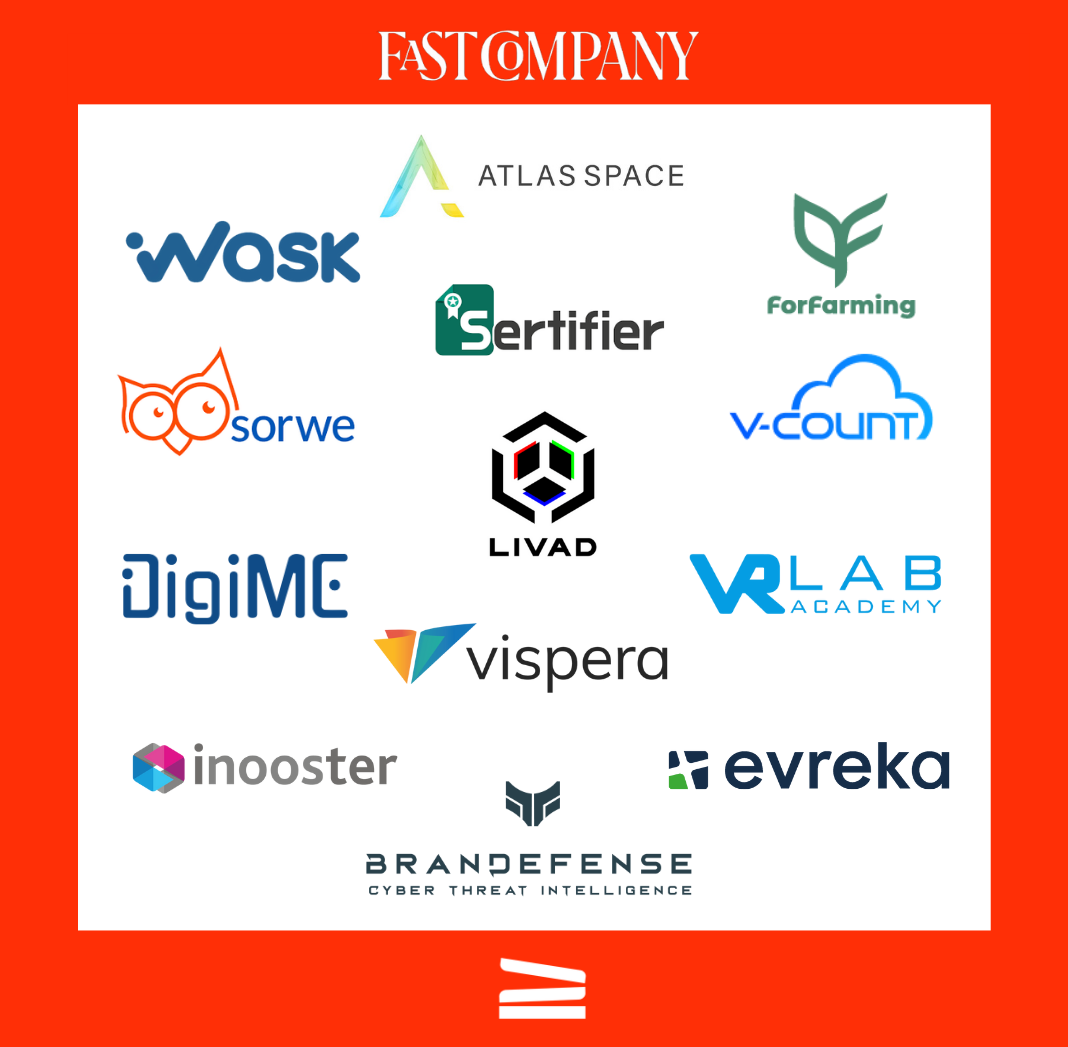First Things First - Founders need good English
I've been thinking and discussing with various people about how founders in the region pitch. And I must say, there are plenty of talented founders doing an impressive job. But I also noticed (and I am sure you did too) founders with good pitches & little business substance standing out more compared to those with solid businesses & weak pitches.
That's because communication is an important skill in building a business. To me, the way founders communicate often reflects how they will grow an organization- hiring & motivating people, selling globally, building a culture, opening up offices, etc. This is a big part of what VCs bet on: founders who can deliver not just on metrics but also on building an organization.
It’s clear that first-time founders do not have all this experience, and they need time to grow into the role. Investors, however, seek founders with the skill sets that maximize the chances of evolving successfully. It is debatable which skills matter most, and each investor has their own perspective.
But one thing I want to highlight is the importance of being able to communicate effectively in an internationally recognized language (aka English). It should be taken for granted, but it sometimes isn’t. How can you do all the above if speaking English is already out of your comfort zone?
I've seen this scenario many times recently and it is honestly a waste of effort for founders. Putting together a team, a product, a data room, etc. takes real effort! Yet, if you can't communicate effectively about them, it's hard for anyone to take you seriously.
Lacking communication skills (incl. English proficiency), can lead to a lot of frustration and stress. Founders may feel neglected, and they might not understand why they're being passed over by investors. This can build up into resentment, making founders cynical about VCs and the ecosystem as a whole.
I believe that over time this won't be a topic of discussion anymore. Yet, in the meantime, I strongly recommend founders to work on perfecting their English before jumping into building a tech startup. Taking rhetoric or public speaking courses could also make a big difference in the long run.
The effort founders put into becoming better communicators will pay off, not just with investors but with their teams, partners, and customers too. I’m always excited (& I am sure others are too) to meet great communicators.
Related News
-
Metis Ventures Enters CEE and Appoints Romanian Principal
Metis Ventures, an early-stage venture capital firm backing game-changing entrepreneurs tackling critical problems, has entered the Central and Eastern Europe (CEE) market. The team behind Metis Ventures has been investing in tech companies for over a decade, deploying $2B in public and private markets in total.
-
100 Most Successful Startups in Turkey
TechOne VC’s 11 portfolio companies were listed by Fast Company’s ”100 Most Successful Startups in Turkey’!


